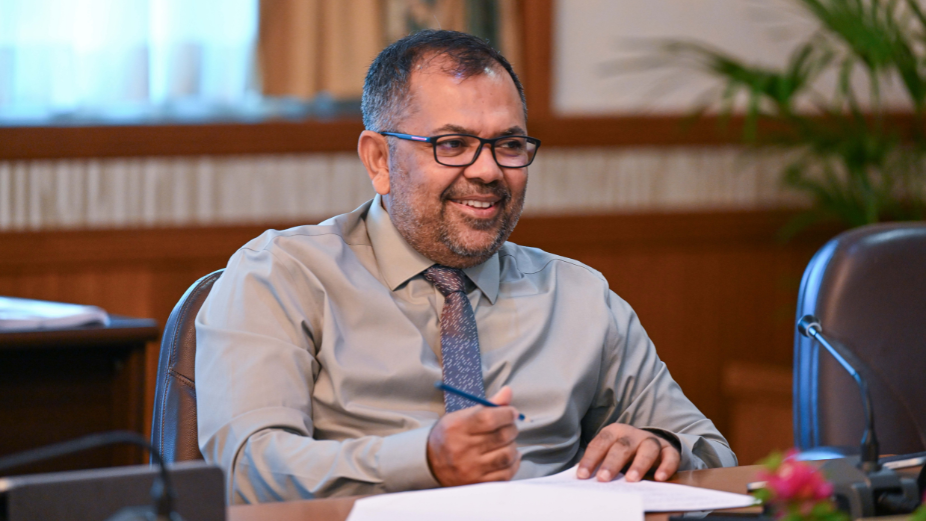
The Minister of Finance, Moosa Zameer, has announced plans to amend regulations requiring all government-owned companies to appoint a chartered accountant. This move, aimed at improving the financial management of state-owned enterprises (SOEs), was revealed during a press conference where the minister addressed issues related to public expenditure management.
Minister Zameer highlighted the government’s ongoing commitment to reforming SOEs, citing recent audits of companies such as Fenaka Corporation, which revealed the absence of properly prepared financial statements by qualified accountants. He acknowledged the efforts of previous finance ministers to address these issues and confirmed that discussions are underway with the President to formalise this requirement.
“The government will ensure that each SOE’s financial accounts are managed by a chartered accountant within the Maldives,” Minister Zameer stated. He further elaborated that this initiative would require every SOE to hire a qualified accountant and establish a proper auditing system to ensure transparent financial practices.
The Finance Minister also stressed the importance of implementing a robust legal framework to manage state assets within these companies, ensuring those responsible for financial management are held accountable. He noted that while the Ministry of Finance already has a specialised section dealing with these matters, legal conflicts often arise due to overlapping jurisdiction with a separate legal institution.
In addition to Minister Zameer’s remarks, Attorney General Ahmed Usham pointed out that legal ambiguities continue to hinder effective representation for SOEs. He emphasised the need for a dedicated regulatory body to oversee government companies and noted the challenges in investigating corruption cases within these entities. Usham suggested that previous management of SOEs under the finance ministry had been more effective, adding that potential legal amendments are being considered to address these concerns.
The introduction of this regulation could bring significant improvements to the financial oversight of state-owned companies. By mandating that SOEs appoint chartered accountants, the government aims to ensure that accurate financial statements are maintained, leading to better decision-making and accountability. This policy could also help prevent financial mismanagement and corruption, as regular audits would become standard practice across all SOEs.
Moreover, the involvement of qualified accountants in the financial management of SOEs will likely increase transparency and confidence in these companies’ operations, contributing to the government’s broader goals of enhancing public sector efficiency. However, the need for a clear legal framework will be critical in ensuring the success of this initiative, particularly in managing the overlap of responsibilities between the finance ministry and other legal bodies.












